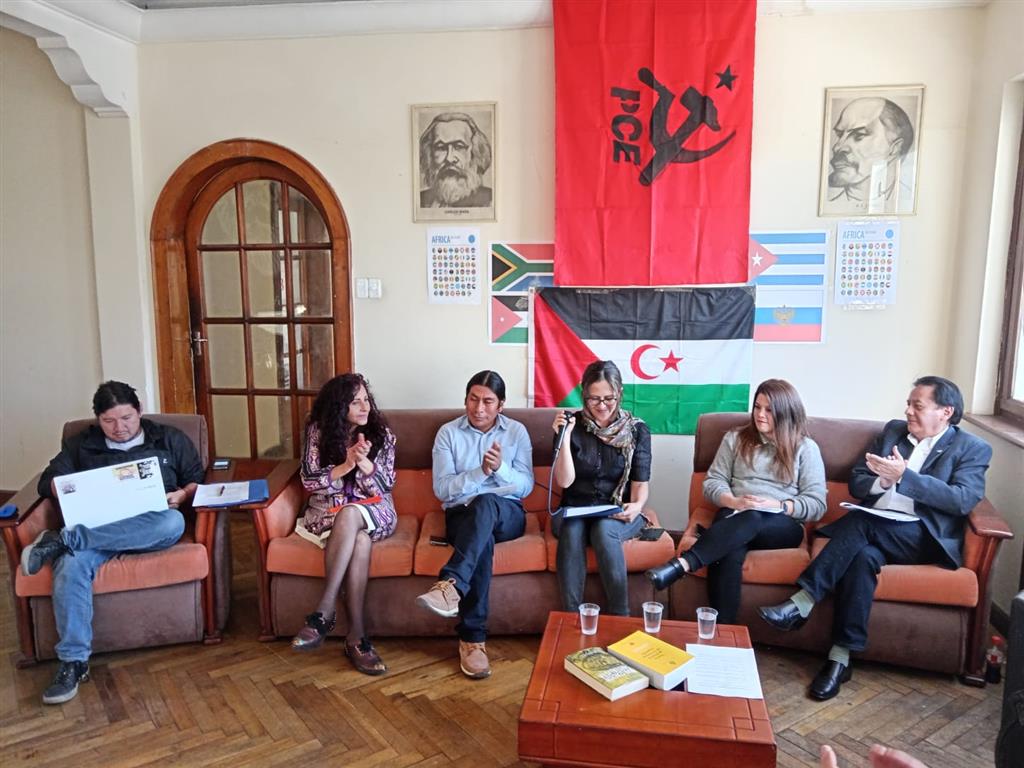The dismantling of apartheid in South Africa is a vital milestone in the global struggle against racism, discrimination and colonial oppression, but it remains incomplete, as Mandela said, without its total abolition, starting with Palestine, the document states.
The declaration urges the UN General Assembly to reactivate the Special Committee against Apartheid, which decades ago played a key role in the fight against racism, with mechanisms of international law to repress and punish this crime against humanity.
The text affirms that under the current Israeli government, violence and colonial oppression against the Palestinian people are taking increasingly brutal forms.
In this sense, the interventions of a colloquium organized by the Coordinating Committee for Peace, Sovereignty and Non-interference (CPAZ), the Ecuadorian Association of Friendship with the Saharawi People (Aeaps), the Communist Party of Ecuador (PCE), among others, dealt with the issue.
Former Pachakutik Assemblyman Fernando Cabascango, who recently visited the occupied territories of Palestine and Western Sahara, spoke of his experiences there and highlighted the resistance of these peoples.
The coordinator of the Aeaps, Pablo de la Vega, referred to the initiative to declare Ecuador apartheid-free spaces and confirmed that so far there are 25 organizations that joined this pronouncement.
In the meeting, which was attended by diplomats from various countries, they also highlighted the role of Cuba in the fight against apartheid with its participation in the war in Angola for 15 years, a gesture of solidarity that Mandela himself always thanked.
The Cuban people occupy a special place in the hearts of Africans because they contributed to the independence of that continent, to freedom and justice in an incomparable way due to their principles and altruistic character, said the South African leader in 1991 during a visit to the island.
jrr/ybc/jha/avr









